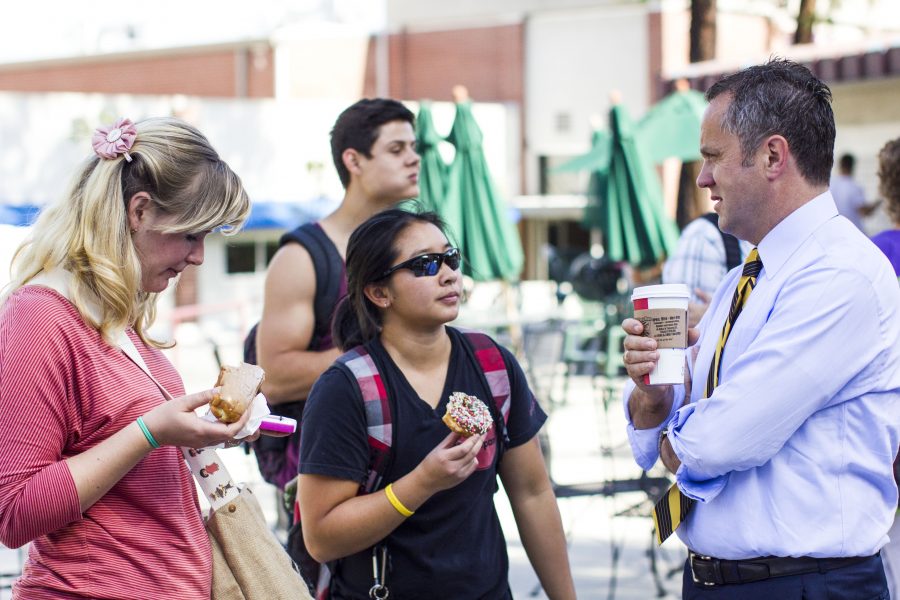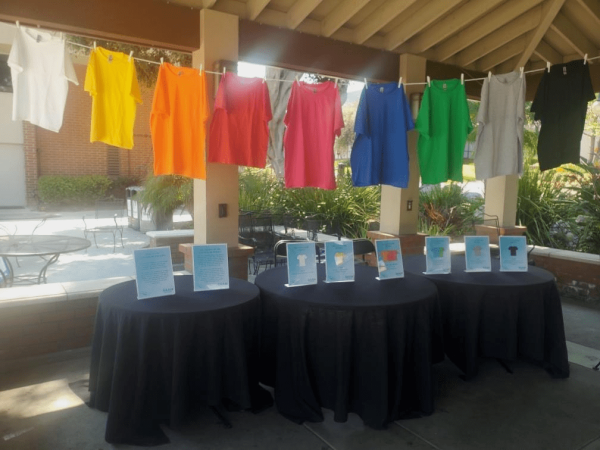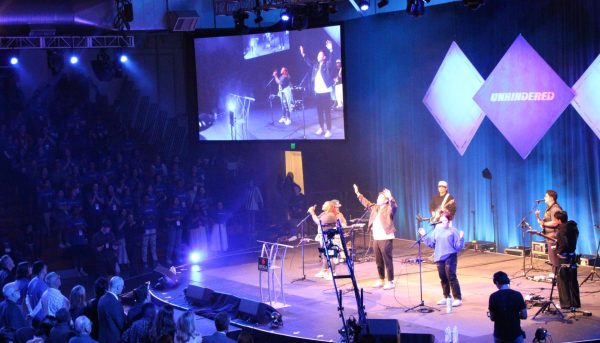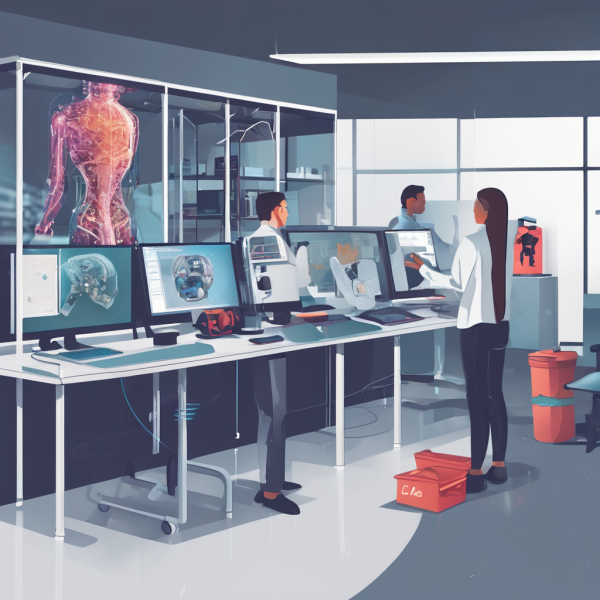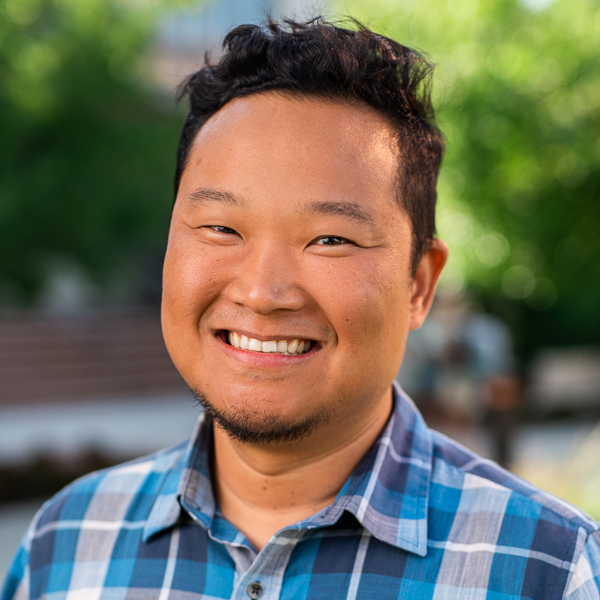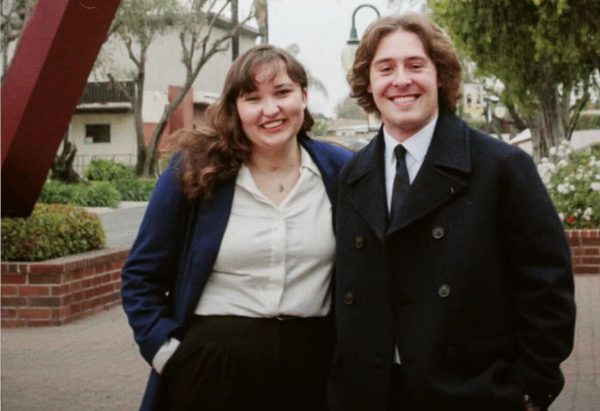PAC addresses finances, construction at Donuts with DBC and Friends
The President’s Administrative Council addressed student questions about tuition and student life at “Donuts with DBC and Friends” on Wednesday.
May 2, 2013
Yesterday afternoon, Associated Students and university communications and marketing put on the second “Donuts with DBC and Friends.” President Barry Corey and the seven members of the President’s Administrative Council — all university vice presidents — answered student questions in the Fireplace Pavilion. Upon arrival, students were offered doughnuts and bottled water.
Between 75 and 100 people attended the event, according to Associated Students president, senior Chris Yim. This was the most accurate number possible because people were coming and going, he said.
Students could ask questions verbally or via text message. A television screen in the Fireplace Pavilion showed a phone number and displayed submitted questions before the president and PAC members answered them. Yim also asked the leaders several questions on various topics.
Brittany Jackson, a junior biological science major, came for the first time with two friends. She said they texted in a question about financial help for students.
“They totally answered it, and it’s good to know that they’re working hard and trying to help us out around campus,” Jackson said.
David McKay, a freshman communication disorders major, said he liked the administrators’ frank responses.
“I was really appreciative. I thought they were really open; I thought they weren’t … giving us cake and happy answers,” McKay said.
Buildings and facilities
Biola is waiting for the City of La Mirada to approve a plan that would allow the building of a tented structure that would house volleyball and basketball court space, expanding room for intramural sports, said Greg Balsano, vice president of university services. If approved, it could be completed by this fall, according to Balsano.
The construction of the new dorm near Sigma Hall is due to the popularity of on-campus living and hesitancy to use triple rooms as the only way to expand capacity, according to Balsano. The new dorm might not be followed by any others, due to a deceleration of Biola’s student population growth, Balsano said.
The new parking structure under construction should be completed by the late in the summer of 2014, while the new dorm should be finished by fall of 2015, Balsano said. There will be a restaurant and food space in the new dorm — probably “breakfast all day,” an idea students have supported in focus groups, according to Balsano.
Money
Tuition increases every year due to inflation, according to Michael Pierce, vice president of business and financial affairs. In order to keep these costs down, Biola is trying to minimize the increase, designate money from the budget’s surplus for scholarships and raise money through fundraising, Pierce said.
Money has been added to the scholarship fund, noted Greg Vaughn, vice president for enrollment management. Currently, 84 percent of Biola students receive scholarship money out of Biola’s annual budget, Vaughn said. Biola is running $180 million fundraising campaign — $85 million of which will be designated for scholarships, said Adam Morris, vice president for Advancement. The fundraiser has already brought Biola $50 million, Morris said.
Mosaic Center
In answer to a question about how Biola is trying to encourage diversity, Biola is being very intentional about creating a place that deserves to have minority students present, provost and senior vice president David Nystrom said. Biola’s hiring decisions and the move to open the Mosaic Center have been big steps to help the university see diversity as a good thing, according to Nystrom. This will also help to foster a conversation about diversity on campus, Nystrom said.
Chapel Money
Grace asked Todd Pickett, dean of spiritual development, to answer a texted-in question about where the money from chapel make ups goes. The money goes back into the university’s general fund, Pickett said.
Corey ended the event by asking the students to keep the PAC accountable to getting back to them and holding them to their word. He encouraged students to funnel any remaining questions through Neller and asked her to aid the PAC in communicating to students.


